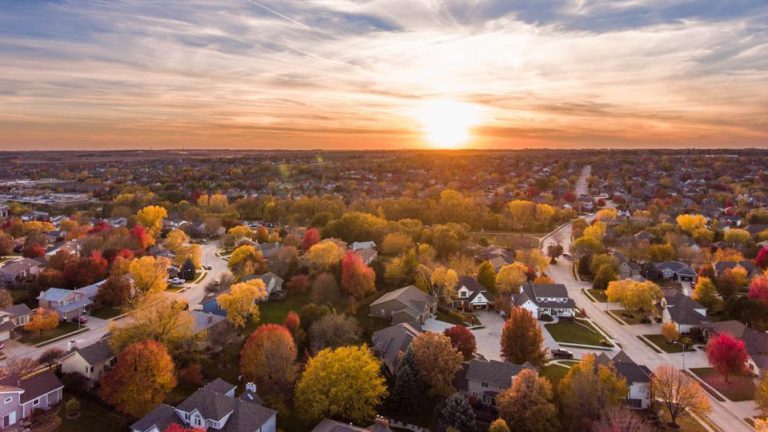Purchasing a new home can be one of the most exciting and equally frightening times in your life. For most, other than getting married, it is considered to be one of the more permanent decisions you will ever make. Because of this, it is imperative to do your research and ask the right questions to ensure you are making the best decision possible.
Despite your realtor’s reassurance and the numerous visits you have made to the home, it is still hard to trust that you are getting the complete history of the house. Unfortunately, everyone has heard of at least that one experience where some couple got duped into buying their dream home that turned out to be a money pit. You would like to laugh that off as complete folklore, however, not all tales are false.
Everyone wants to believe that they are incapable of being beguiled. However, they seem to forget that a house is a shiny new object. Many get distracted by the house’s aesthetics and tend to overlook the real attributes they should be focusing on. In all fairness, the first open house you attend actually does need to begin with the house’s appeal and overall layout. It will not talk about the weak ceiling or a problematic toilet system or so.
During an open house, you are looking to see if the house is going to fit your needs. You assess the basics like how many bathrooms, how many bedrooms, and is the kitchen big enough? If it does meet the standard requirements that you have set down for a possible home, it is important to add that it needs to be in good shape.
When a house is listed, it should have information that helps prospective buyers be able to determine the condition of the property. A standard listing contract should include a disclosure form where the seller is supposed to list all known defects of the house. Unfortunately, this is not always accurate. The seller may not be aware of certain defects or may take a chance that you don’t notice them and choose to omit certain problems.
So if you find a home that you think could be your forever home, be prepared to do more research than you have ever done in your life. To prevent future headaches and costly bills, you want to know more about your prospective home than you do your significant other. That may sound ridiculous, but lack of pertinent information on both could be costly and devastating.
Even if the homeowner has inspection reports that seem valid and recent, it is always smart to have your own inspection done on your prospective home. Although you can walk the house and look for certain red flags on your own, there are many hidden dangers that even the most researched buyer cannot determine just from sight alone. Inspectors are trained to search for those common undisclosed defects that the seller may or may not have left out of the listing.
In addition to having your own inspector examine the home, there are questions and some investigating that you can do on your own. Here are some questions that you need to have answered before you make a final decision on one of the biggest investments of your lifetime.
Have there been any DIY additions?
Despite whether any modifications to the home look great or not, you need to know the nature of the work done on the home. It is important to determine the scope of the work to know whether or not the home is up to code. It would be something that the inspector needs to be aware of and inspect.
Why is everyone selling in the neighborhood?
It might be a hot market and everyone is interested in cashing in on that, but it is unusual for everyone to do it at once. If you notice a large number of homes for sale in the same central location, it might be wise to ask around the neighborhood and do some research into that area to see if any flags are raised.
Why is the house full of strong air fresheners?
Of course, the seller is going to want the house to smell fresh and inviting. No one is going to be interested in a home that smells off. However, be aware if the house seems to be overwhelmingly freshened. It is a possible indicator that the seller could be trying to cover up more distinctive smells like smoke, mold, or sewage.
Is there standing water in the yard?
This is an important question to ask. Even if the homeowner says no, it would be a good idea to drive by after a rainstorm and inspect the yard for yourself. Standing water could indicate poor drainage and cause damage to the home and foundation.
Have there been any ecological issues in the surrounding areas?
You want to inquire about any spills, large fuel fires, trash dumps, etc. This may sound eccentric and unusual. However, it is extremely important to know. All of these could lead to contaminated waterways, especially large fuel fires even if they happened a hundred miles away, the foam used to put out the fires is an environmental hazard that can pollute waterways and cause diseases to humans and animals.
There are certainly more questions that could be asked. However, if you get these questions answered and a thorough inspection is done, you can probably rest assured that you have done your due diligence. Remember this could be your forever home so there are no stupid questions and no such thing as being overly informed.

